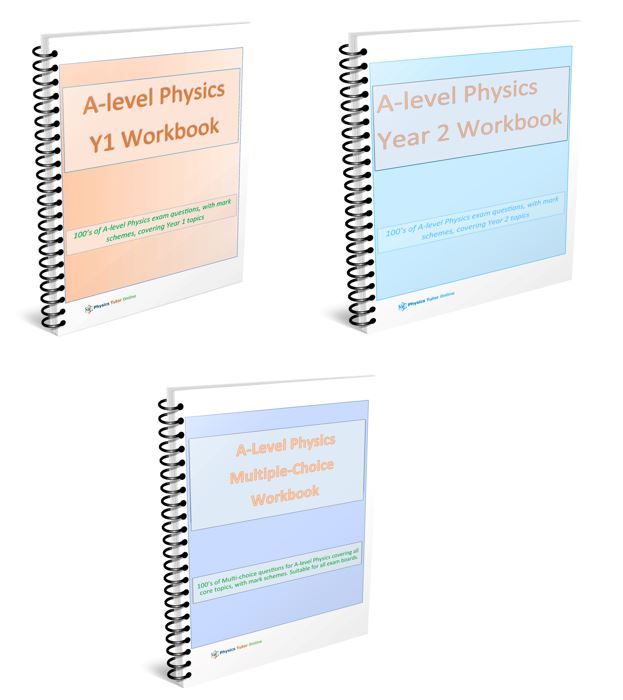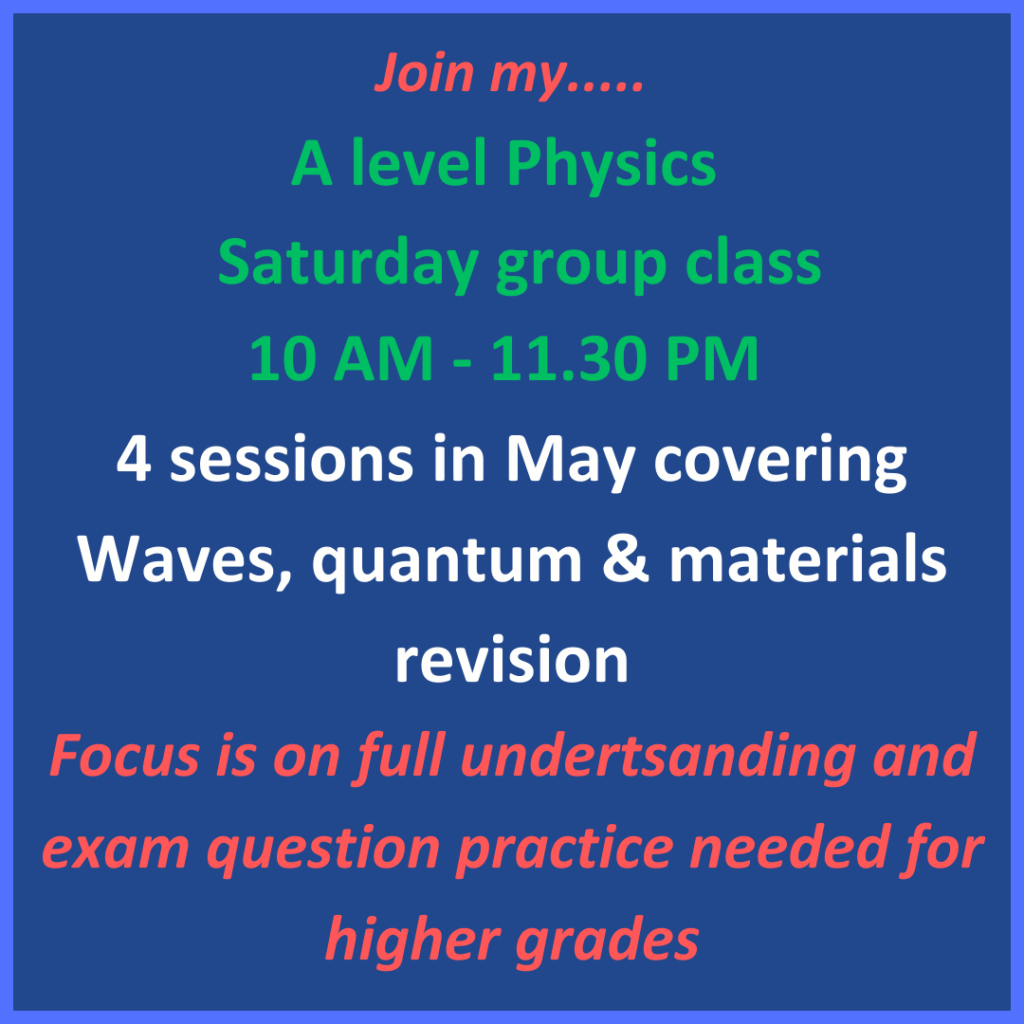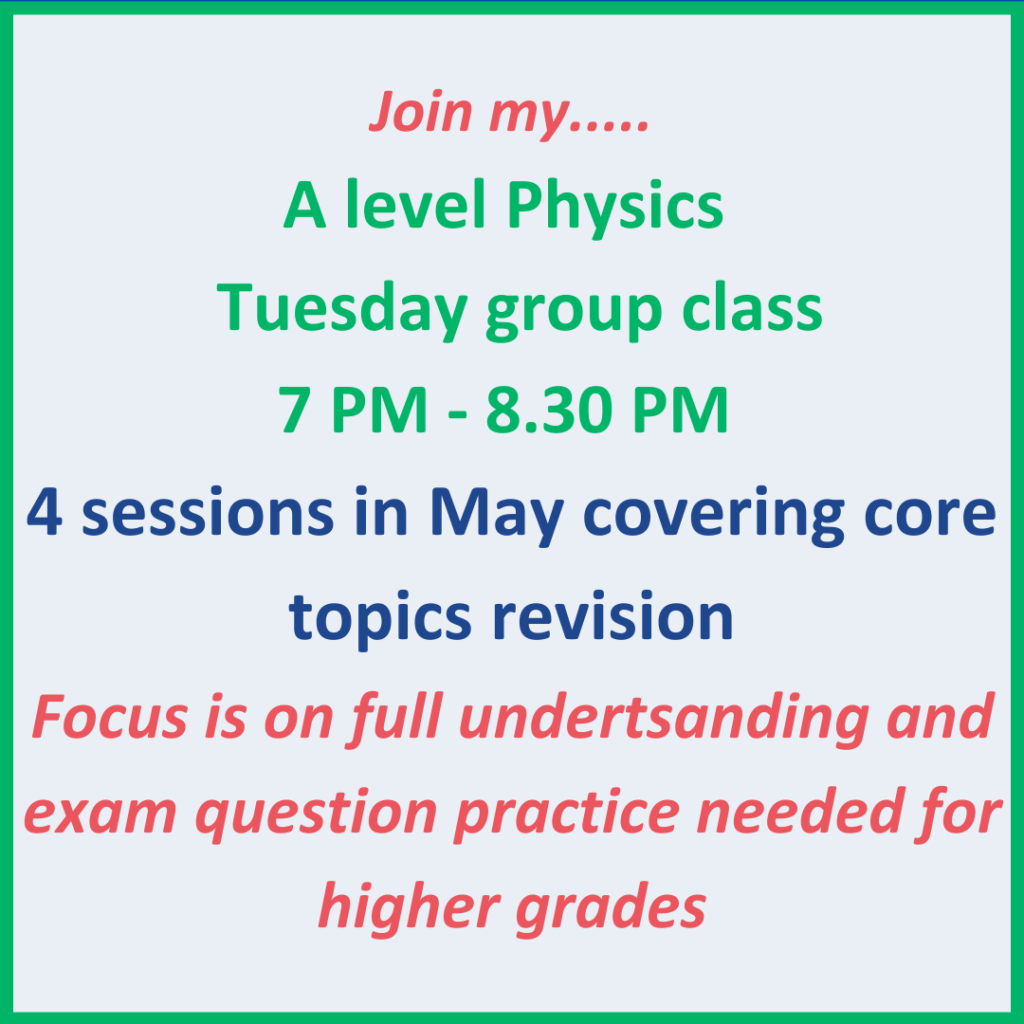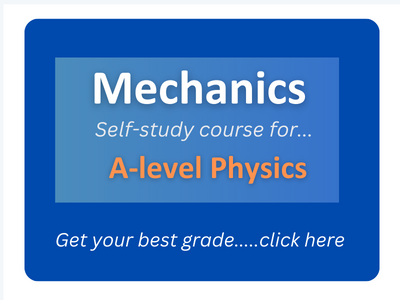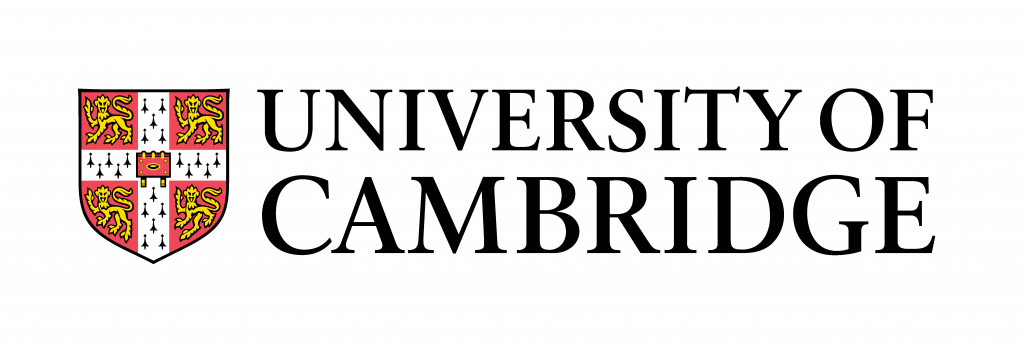This information is from the AQA exam board, the people setting A level Physics exams. These tips also apply to all A level physics exam boards. You can improve your grades by starting to apply these tips when practicing exam questions.
Use appropriate language
High-scoring answers generally use appropriate scientific terminology in the right context. Lower scoring answers tend to be vague and/or don’t use the appropriate scientific language.
Quality not quantity
Examiners deliberately count the numbers of answer lines they provide for each question to make sure there’s more than enough space. You should only need extra pages if you need to cross out incorrect work.
Be consistent
Be aware that answers that contain contradictions, even on additional pages, can lose you marks. Make sure you cross out anything that you don’t want to be marked, particularly if you’re using an additional page.
Read the question
Read the question carefully and respond specifically to the command word(s) and the context given in each question. Try to make sure you’re answering the question being asked, rather than the question you’d like to be asked.
Apply your knowledge
Be prepared to apply your knowledge of practical work to new contexts. The practical questions will often ask you to apply the skills you’ve learnt during the 12 required practical activities to situations you won’t necessarily have come across before – as opposed to reciting the practical you did in class.
Practise makes perfect
Practise the maths skills listed at the end of the specification – make sure you understand them all.
Show your working properly
Show all your working and make sure your intermediate numerical values are clearly set out. Examiners can’t award credit for intermediate steps that aren’t visible. In multi-step calculations, a consistent flow down the answer space is ideal – and, when necessary, divide the space vertically. Answers that are difficult to interpret or unclear can lead to examiners being unable to award credit.
Rounding
Be careful when rounding intermediate calculation steps as you only need to round to the correct significant figures at the final step of a calculation. Rounding too early and/or too severely may well take your calculation outside the range of answers that an examiner will accept.
Be thorough
Before tackling an extended response question worth 6 or 8 marks, you should take care to read the question thoroughly – perhaps twice – in order to make sure you answer all parts of the question. These questions will sometimes provide guidance in the form of ‘in your answer you should include…’
Take your time
Don’t rush. You can avoid common errors if you take a little more time to understand the nature of data given in a question before attempting an answer.
Write legibly
Take care with your handwriting in exams. It’s tough to keep handwriting clear after two hours of answering questions, but examiners can’t give marks for an answer if they can’t read it.
Come back to tough questions at the end
Keep going. If you don’t understand the question, move on to the next one and come back to it later. There are multiple choice questions at the end of papers and you’ll find some harder than others – so, if you’re running out of time, make sure you write an answer down for every multiple choice question.
—
How Physics Tutor Online can help you
I recommend you make full use of the free A level Physics notes on the PTO website.
The most important piece of advise I can give is to practice – practice exam style questions throughout your course. This is why I recommend the A level physics workbooks, which are helping many students improve their grades. You can purchase the PTO complete set of workbooks here.

